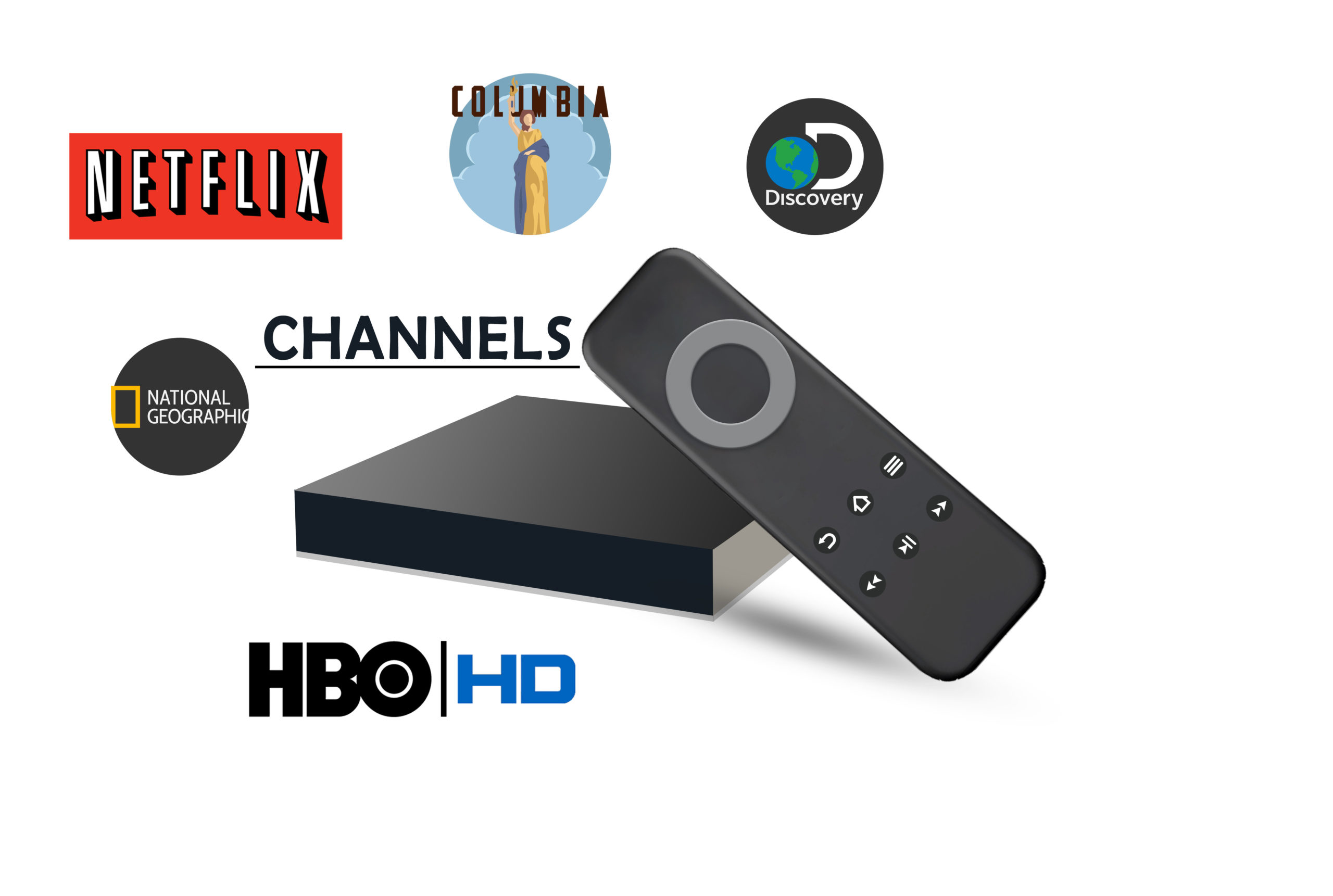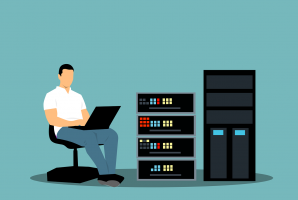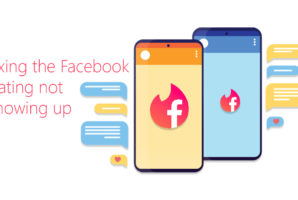Summary: COVID-19 has changed the world, the industries, the people, and of course the technology. Businesses that were once hesitant to deploy technology are now keen to adopt innovation. The article explains how new technology trends have transformed industries and prepared them for a better tomorrow.
COVID 19 has changed almost everything from how entrepreneurs use to think to how businesses were operating pre-pandemic. Digital infrastructure and innovation are the need of the hour to develop more agile, customer-centric business strategies. Undoubtedly, businesses worldwide need to be more resilient to respond faster to uncertain, historical situations.
By having a highly structured IT ecosystem and well-optimized digital technology in place, we can keep the business up and running in unexpected events. Here’s how technology is playing at the front-foot to prepare industries for the future.
Safe and Resilient IT Infrastructure
Developing a resilient IT ecosystem means creating a business continuity plan to keep the services up and running in the event of slowdowns or crisis. To achieve this, you must acquire a complete understanding of how the entire digital system in your business works. The cyber teams will need to work with managers and executives to develop and maintaining digital resilience by prioritizing business data assets.
Entire business entities must be engaged and involved in building resilience because it is a business issue that affects every single entity. With a thorough technical assessment combined with strategic business assessment, the organizations would be able to develop a resilient strategy.
The resilience strategy must address all business issues and processes right from Java application development to marketing and sales to human resource (HR) to supply chain. Like resilience, it’s equally important to maintain a security strategy and not underestimate its importance.
A vulnerability in any particular retailer’s supply chain can catastrophically breach the entire retail system’s security. So, maintaining safety, security, and resilience must keep with the pace in the post COVID world.
Distributed Workforce is the Future Model
In many countries, the majority of companies were not supporting the concept of the work-from-home working model. The pandemic has taught many new lessons, and a distributed workforce has become a new normal. Even the businesses don’t know how long they have to follow this model, but the good thing is that they are fine with it, and some are experiencing better productivity.
Collaboration has always been the biggest challenge for employees while working remotely. However, we have realized even higher digital dependency at the same time. Those who have stuck to the brick-and-mortar approach over digital presence fear the risk of extinction in the near future due to low productivity and reduced turnovers.
Although a distributed workforce is not feasible for all professionals such as healthcare workers, field workers, etc., it proves to be a practical and efficient option for many. In the future, companies must invest in making themselves pandemic ready.
Digitalized Processes will Rule Healthcare
Absolutely true! Social distancing has become mandatory, and work from home is the new normal of 2020. The digitized work process has become a necessity, and technology is something we all are breathing today. Unquestionably, all the industries out there will be more dependable on technology, which is mandatory and will also help raise the bar in post COVID era.
If we embrace digital products, apps, and technologies in the business, then only we are able to survive the uncertain times in the future. From healthcare to education and banking to logistics, companies must emphasize adopting and implementing technology innovations.
Digital transformation will facilitate smooth, frictionless interactions in the healthcare sector. The uncertain era might permanently change the healthcare landscape, and the industry has already begun to move to telemedicine. RPM (Remote Patient Monitoring) is an example of IoT, which plays a vital role in helping healthcare providers monitor and manage medical care for the patient from a remote location.
Contactless Technology will Lead Tourism
The travel sector is the most badly hit industry with long-lasting consequences of the COVID 19 pandemic. The industry will resurrect once again and soon begin to serve travelers with its refurbished technology-driven model in the new normal. There might be a significant fall in the week-long excursions in the future, but the people will continue to enjoy short-term, small group trips.
Contactless technology has become the primary focus of the travel industry, and very soon, you will notice airports equipped with touchless endpoints. The focus is on reducing the areas of shared touch by implementing contactless interfaces. You will feel a completely new experience on your next domestic or international trip.
Not only airports but hotels and restaurants are integrating contactless technology on the premises. In the post COVID era, no-touch endpoints will allow the guests to book tables, unlock doors, check-in, check-out, and interact with room service through a touchless protocol and devices. Voice technology will certainly play a considerable role here.
Augmented Reality is the Future of Retail
COVID-19 effects are long-lasting as not only businesses but humans and infrastructure has hit hard by the pandemic. But there are so many positive aspects as well related to these uncertain times. The technology has innovated the world, and different industry segments are experiencing business continuity even after deeply affected by Coronavirus.
Retail was awaiting big transformation years before the pandemic hit the industry. Augmented Reality and Virtual Reality will now transform and innovate the retail sectors, and the customers will enjoy the whole new experience. Right from browsing the product list to trying them on – virtually, the clothing retailers will definitely enhance customer experience through extended reality.
For years, retail is handling tons of data every day, but analyzing this data is a big challenge for many. Tech giants are developing new solutions for industry evolvement, but hesitation in adopting the new technology was once the primary issue. But today, the story is different, and retailers are open to new technology adaptations. Predictive analytics is here to stay forever to allow retailers to take full advantage of data insights.
Final Thoughts
All the industries, including healthcare, tourism, hospitality, retail, manufacturing, IT, and more, incorporate new technology innovations to stay ahead of the competition. Business owners are influenced by how technology transforms their respective industries and takes every possible step to adopt these innovations for sustainable growth.
Like this:
Like Loading...













 Integration capabilities Associated with S/4HANA to SAP Cloud Solutions
Integration capabilities Associated with S/4HANA to SAP Cloud Solutions
Divyesh,
COVID-19 has revolutionized – only the essentials like food, medicine and health industries shown rapid growth during this period whereas other accessorial verticals declined. Hope everything will be back to normal, soon.
Incredible post! Blog remarking is an obtained ability that relies upon two or three elements that are very much clarified and explained particularly ideal conditions to remark on web journals. Thank you